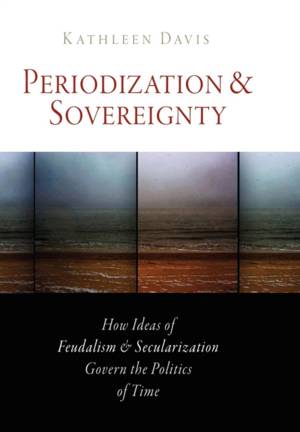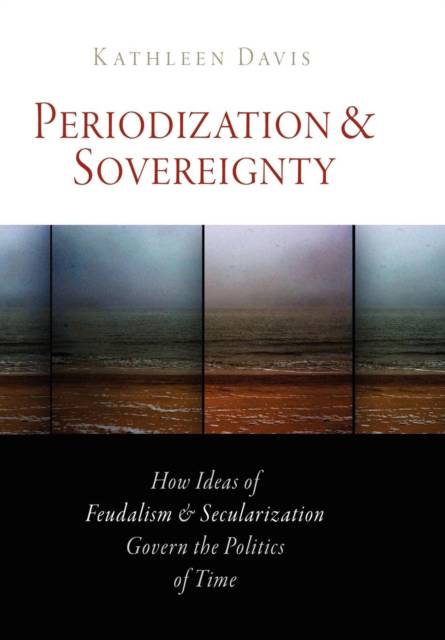
- Retrait gratuit dans votre magasin Club
- 7.000.000 titres dans notre catalogue
- Payer en toute sécurité
- Toujours un magasin près de chez vous
- Retrait gratuit dans votre magasin Club
- 7.000.0000 titres dans notre catalogue
- Payer en toute sécurité
- Toujours un magasin près de chez vous
Periodization and Sovereignty
How Ideas of Feudalism and Secularization Govern the Politics of Time
Kathleen Davis
51,95 €
+ 103 points
Description
Despite all recent challenges to stage-oriented histories, the idea of a division between a "medieval" and a "modern" period has survived, even flourished, in academia. Periodization and Sovereignty demonstrates that this survival is no innocent affair. By examining periodization together with the two controversial categories of feudalism and secularization, Kathleen Davis exposes the relationship between the constitution of "the Middle Ages" and the history of sovereignty, slavery, and colonialism.
This book's groundbreaking investigation of feudal historiography finds that the historical formation of "feudalism" mediated the theorization of sovereignty and a social contract, even as it provided a rationale for colonialism and facilitated the disavowal of slavery. Sovereignty is also at the heart of today's often violent struggles over secular and religious politics, and Davis traces the relationship between these struggles and the narrative of "secularization," which grounds itself in a period divide between a "modern" historical consciousness and a theologically entrapped "Middle Ages" incapable of history. This alignment of sovereignty, the secular, and the conceptualization of historical time, which relies essentially upon a medieval/modern divide, both underlies and regulates today's volatile debates over world politics. The problem of defining the limits of our most fundamental political concepts cannot be extricated, Davis argues, from the periodizing operations that constituted them, and that continue today to obscure the process by which "feudalism" and "secularization" govern the politics of time.Spécifications
Parties prenantes
- Auteur(s) :
- Editeur:
Contenu
- Nombre de pages :
- 200
- Langue:
- Anglais
- Collection :
Caractéristiques
- EAN:
- 9780812224122
- Date de parution :
- 22-12-17
- Format:
- Livre broché
- Format numérique:
- Trade paperback (VS)
- Dimensions :
- 147 mm x 229 mm
- Poids :
- 294 g

Les avis
Nous publions uniquement les avis qui respectent les conditions requises. Consultez nos conditions pour les avis.






